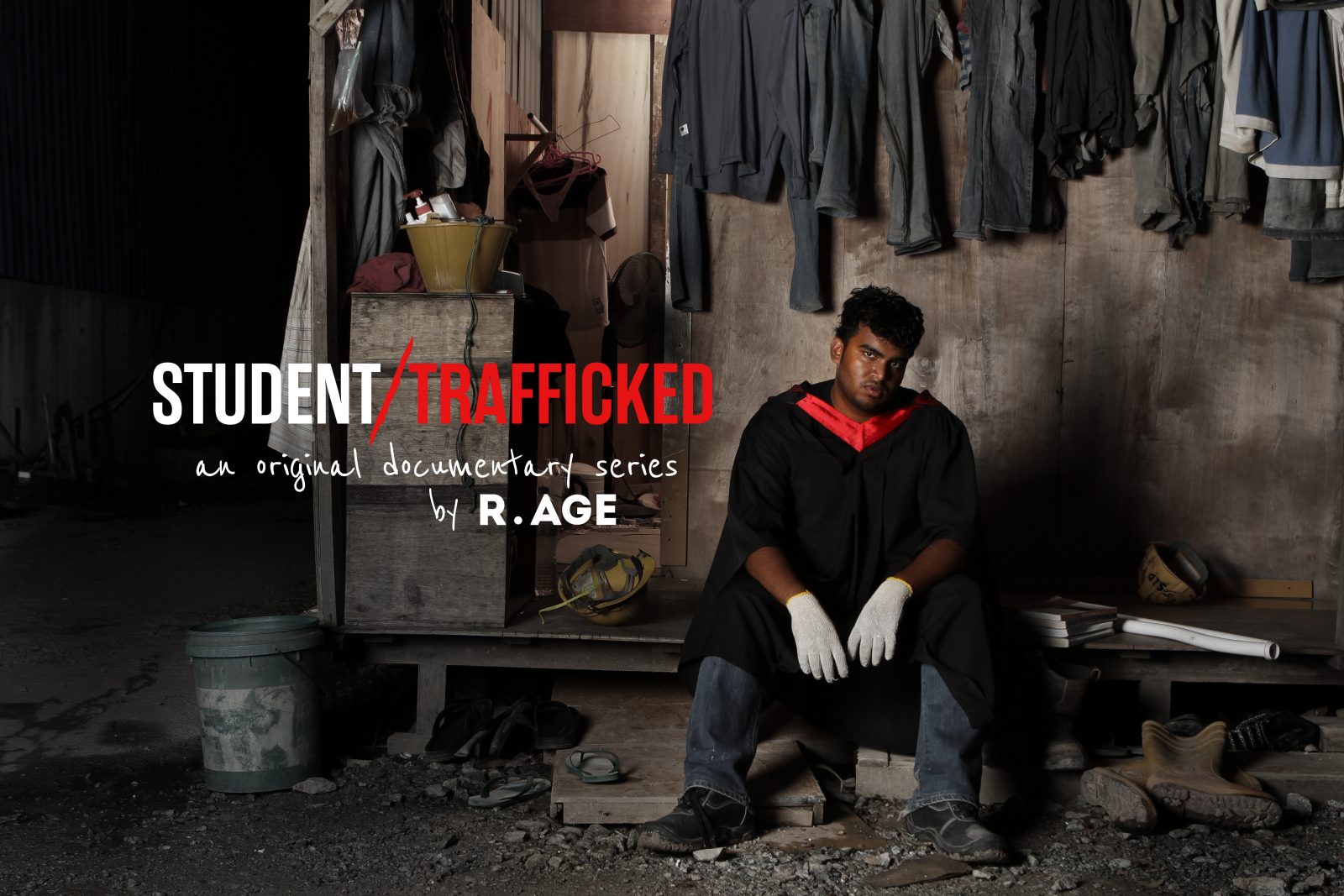What exactly constitutes human trafficking?
You can break down the definition of human trafficking into three parts:
1) Transporting, holding, or recruiting someone
2) Through coercion, deception, fraud, or any kind of abuse of power
3) For the purpose of exploitation, which includes forced labour, debt bondage, slavery, prostitution, etc.
What about ‘student trafficking’? Is it an actual term?
Not really. We came up with it because we realised there’s an entire network and industry dedicated to trafficking students by signing them up with bogus colleges overseas, and then exploiting them (usually for cheap labour) once they land in the foreign country. Just like with sex or drug trafficking, it’s easier to fight something once there’s a name to it.
What about students who knew they were abusing the system?
Yes, some of the victims we spoke to signed up with these traffickers so they can come here to work. But that doesn’t mean they aren’t victims of human trafficking. Many are still deceived and exploited when they arrive here, and thrust into situations they are unable to leave. And as the Anti-Trafficking In Persons and Anti-Smuggling of Migrants Act 2007 (ATIPSOM) states, “consent is irrelevant”.
Many victims are trafficked by ‘agents’. How liable are the colleges?
Under ATIPSOM, the owners of the colleges can be charged with an offence if they had “profit from the exploitation of a trafficked person.” On conviction, they can be jailed for up to 15 years and fined up to RM1mil, or have to forfeit all profits made from the exploitation.
Are the authorities doing anything about it?
The Ministry of Higher Education has cracked down on the colleges involved, but they just keeping popping back up under different names, or they channel the victims through other “affiliated” colleges. Even so, the MOHE has moved to reduce the number of student visa approvals from Bangladesh, from 23,000 in 2015 to 1,100 in 2017 so far.
What can we do to help?
You can help us spread the word! R.AGE is working with MOHE and several NGOs to identify victims so we can help them complete their studies, become legal workers, or get repatriated to their homelands.


Tell us what you think!